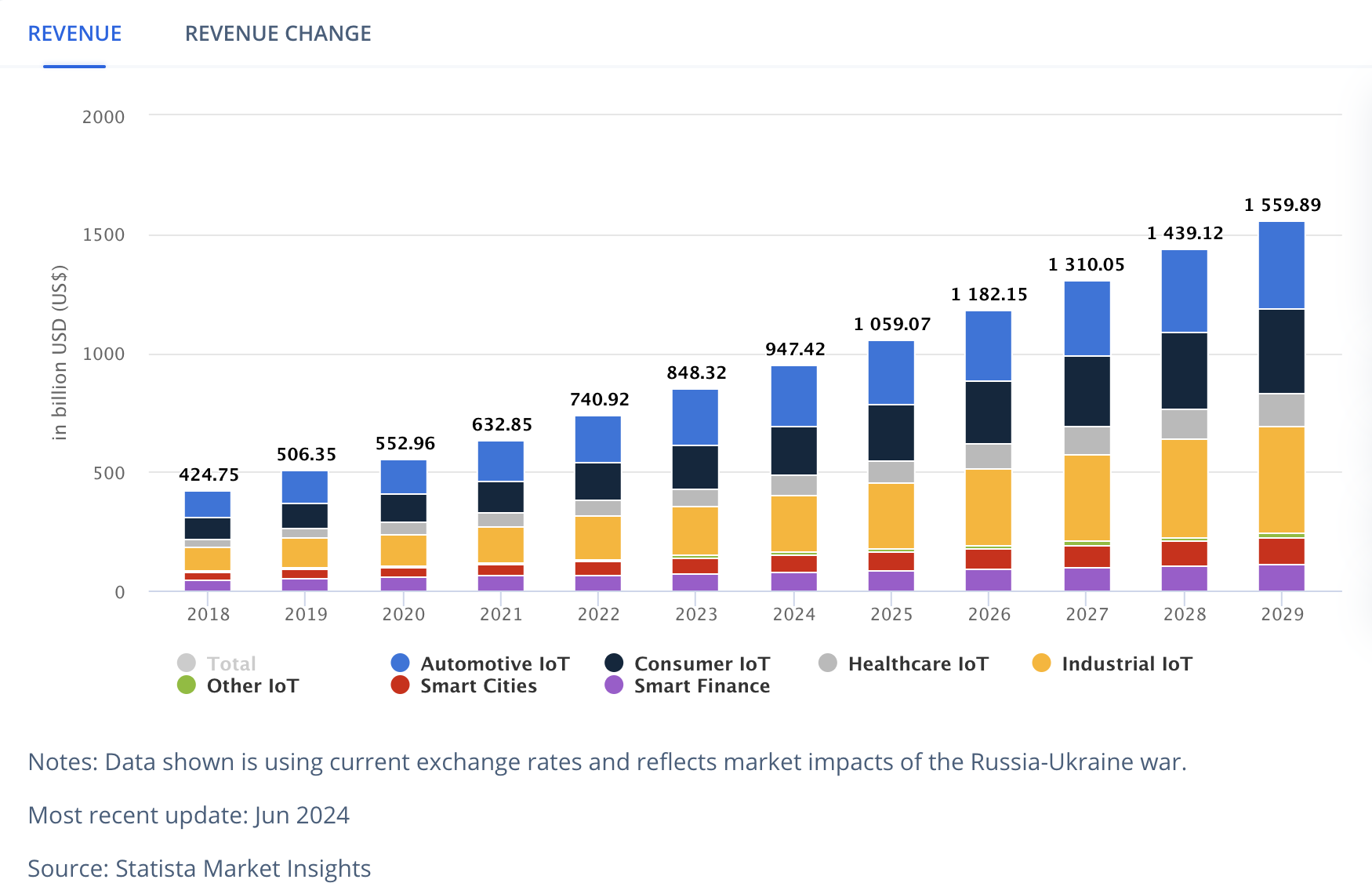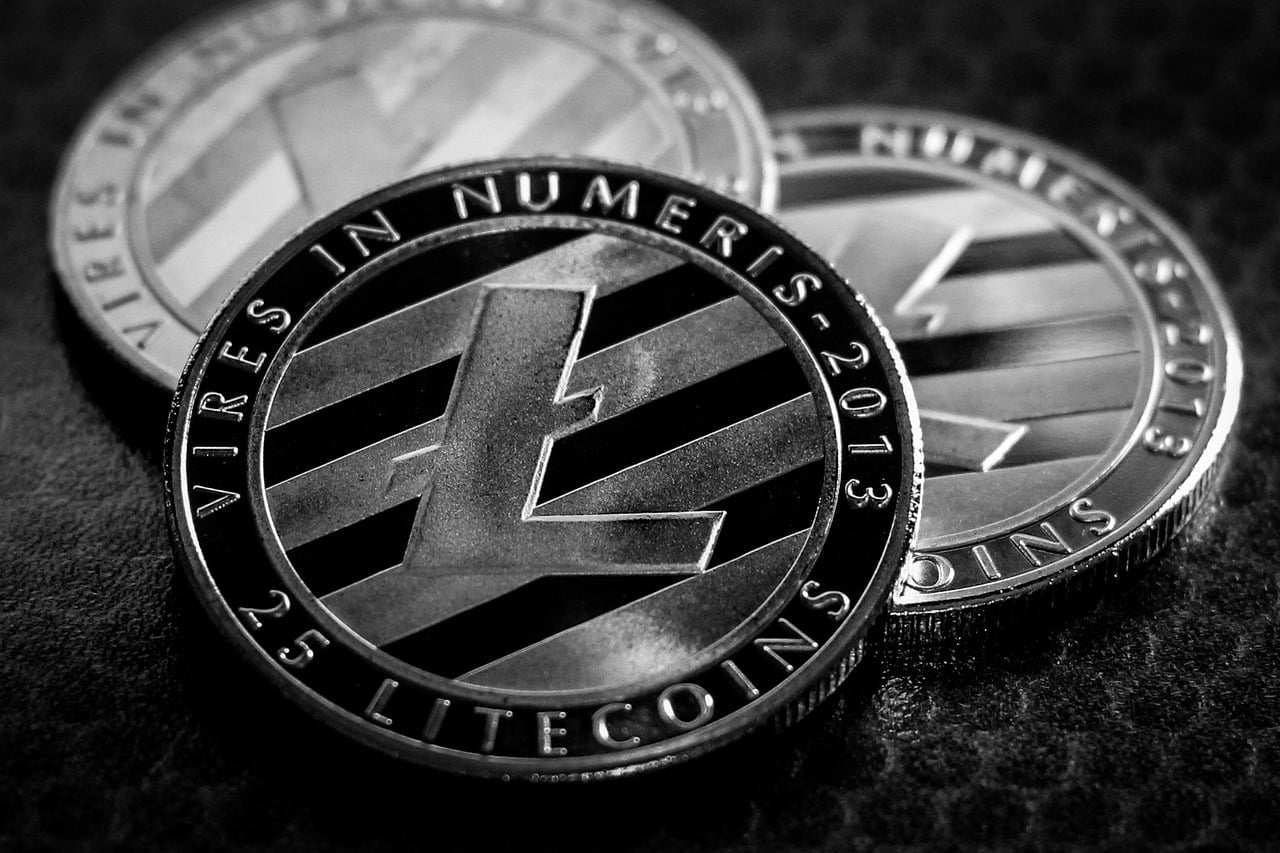ARTICLE AD BOX
Lately, decentralized physical infrastructure networks (DePins) are strongly emerging as a crypto narrative. HashKey Capital, a blockchain investment firm, has spotlighted over 1,000 DePin projects.
These DePin projects collectively generate an impressive $14 million in annual recurring revenue. They span fields like the Internet of Things (IoT), artificial intelligence (AI), wireless coverage, and data management, aiming to democratize technology and bolster competition.
What Are the Challenges in the DePin Sector?
Despite their potential, DePin projects encounter notable obstacles. A key issue is the proliferation of similar initiatives and competition from established Web2 companies, which threatens to fragment the market and weaken the impact of new DePin entities.
“The fairly nascent DePin sector also makes it arduous to generate demand from retail consumers and Web2 enterprises who lack the awareness and trust in the reliability of the sector,” HashKey Capital wrote.
For instance, in the mapping sector, projects such as Hivemapper and Natix Network compete directly with giants like Google Maps. Moreover, capturing and retaining user interest proves challenging in a market largely unfamiliar with decentralized solutions.
Read more: What Is DePIN (Decentralized Physical Infrastructure Networks)?
To overcome these challenges, HashKey Capital recommends that DePin projects diversify their demand streams beyond the Web3 space. They should also focus on user experience as a key differentiator.
However, DePins also faces high upfront costs, complex supply chains, and stringent regulatory environments. In an interview with BeInCrypto, Daniel Wang, co-founder of Aethir, discussed the regulatory challenges of DePin.
“DePIN projects face a web of regulatory challenges, encompassing securities regulations, anti-money laundering (AML) compliance, Know-your-customer (KYC) requirements, and data privacy laws. The uncertainty extends to taxation, further complicating matters,” Wang told BeInCrypto.
He stressed the need for DePins to remain adaptable and compliant across various legal frameworks, which differ significantly by jurisdiction.
“By advocating for policies that foster innovation while ensuring adherence to local laws, DePins can thrive within a secure and innovative environment,” Wang stated.
DePin Growth Opportunities
Despite these challenges, DePins holds immense potential for transformative impact, particularly in low to middle-income countries. HashKey Capital identifies these regions as key growth areas, driven by their need for affordable and accessible infrastructure solutions. By decentralizing data management and utilizing underutilized resources, DePins can significantly reduce digital infrastructure costs.
For instance in developing countries of Africa, DePin can empower local communities by enabling individuals and businesses to monetize spare computing and storage capacities.
“DePin enables local communities to participate more fully in the digital economy and opens up new avenues for financial opportunity. Additionally, DePins facilitate the creation of a more efficient and affordable internet infrastructure. By reducing the reliance on individual data centers and promoting decentralized networks, DePINs lower costs and improve internet accessibility in underserved areas,” Wang explained.
Additionally, DePins’ flexibility allows for rapid deployment and community engagement through node sales, securing long-term community support, and raising development funds.
Looking ahead, sectors such as AI will significantly grow due to the increasing computational demands of large language models. DePins unify idle resources across a blockchain, addressing potential demand-supply mismatches and optimizing resource utilization.
Moreover, according to Statista, the IoT market is expected to surge to $1.559 trillion by year-end, with a compound annual growth rate of 10.5% from 2024 to 2029. Hence, DePins are well-positioned to capture a substantial market share.
Read more: Top 12 Crypto Companies to Watch in 2024
 IoT Market Growth. Source: Statista
IoT Market Growth. Source: StatistaIndeed, by fostering user-owned economies where privacy and data control are prioritized, DePins could redefine technology consumption and governance.
The post Hashkey Capital Discusses DePin Opportunities and Challenges appeared first on BeInCrypto.
.png)
 3 months ago
2
3 months ago
2








 English (US)
English (US)